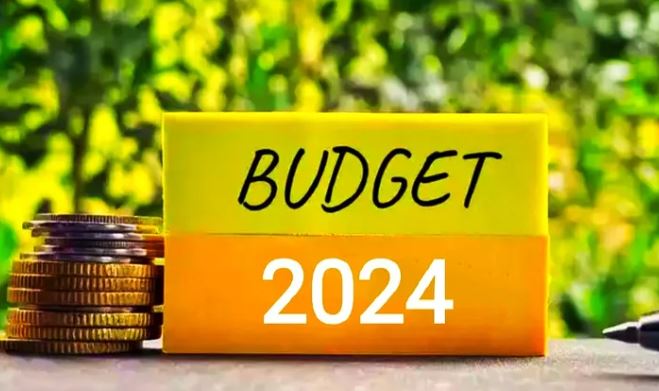Finance Bill 2024; GST perspective
The Finance Bill, 2024 has been tabled in Parliament and is likely to get passed without amendments, honouring the recommendations of the GST Council. Below are the important features of this bill that taxpayers should be aware of:
EXEMPTION TO UN-DENATURED ENA OR RS:
Un-denatured extra neutral alcohol (ENA) or rectified spirit (RS) used for manufacturing alcoholic liquor for human consumption will not be taxed under GST. Since denatured ENA or RS is not usable for liquor manufacturing. It will now be taxed under the VAT Acts of the States. Distilleries will benefit from Input Tax Credit (ITC) and will pay taxes and duties after ITC adjustments. A notification is likely to clarify that previous practices adopted by taxpayers will be accepted, bringing certainty to the tax rate and potentially leading to a decrease in liquor prices.
POWER TO WAIVE TAX RECOVERY:
The government will gain the power to waive the recovery of taxes (Section 11A) where it was a general practice not to collect tax.
DEFINITE TIME LIMITES FOR ISSUING INVOICES:
Previously, there was confusion regarding the time limit for issuing invoices under the Reverse Charge Mechanism (RCM). The law will now stipulate a clear time limit. Taxpayers must issue such invoices within the specified timeframe; otherwise, they may lose ITC benefits even after paying tax and interest.
REVISED ITC CLAIM DEADLIE:
Taxpayers were previously required to claim ITC for a financial year before November 30 of the following year (e.g., for FY 2017-18, the deadline was November 30, 2018). For the initial GST years (2017-18 to 2020-21), claims made until November 30, 2021 will now be accepted, provided the taxpayer has filed returns before this date.
ITC FOR REVOKED REGISTRATION:
In cases where a taxpayer’s registration was cancelled and subsequently revoked, they may claimed ITC if they were eligible at the time of cancellation. This can be done by:
Filing up to November 30 of the financial year for which the invoice pertains, or
Claiming for the period between the cancellation of registration and the revocation order, as long as the return is filed within thirty days of the revocation.
MANDATORY FILING OF TDS RETURNS: Previously, TDS deductors were exempt from filing NIL returns. Now, they must file monthly TDS returns, regardless of whether there is any TDS to report.
APPEARANCE FOR SUMMONS: Previously, individuals were required to attend summons personally as per Section 70. Under the revised section 70. Under the revised section 70 (IA), they may now be represented by an authorized representative.
MERGINING OF CHARGING SECTIONS: Until now, there were two separate charging sections for creating demands – Section 73 for non fraud cases with a 3-year time limit and lower penalties and Section 74 for fraud cases with a 5-year limit and heavier penalties. Starting in 2025, both sections will merge into Section 74A, ensuring that non-fraud cases cannot be converted into fraud cases. The new common time limits will be 42 months for notice issuance and 12 months for order issuance.
EXTENDED DEADLINE FOR SECOND APPEALS:
The time limit for filing second appeals at the Tribunal, previously set for August 5, 2024 will now be extended, with a new date to be notified.
WAIVER OF INTEREST AND PENALTY: A complete waiver of interest and penalty has been provided for non-fraud cases (section 73) for periods from 2017-18 to 2019-20, if the due tax is paid by March 31, 2025.
These measure are expected to be highly favourable for trade.
Share this content:




Post Comment